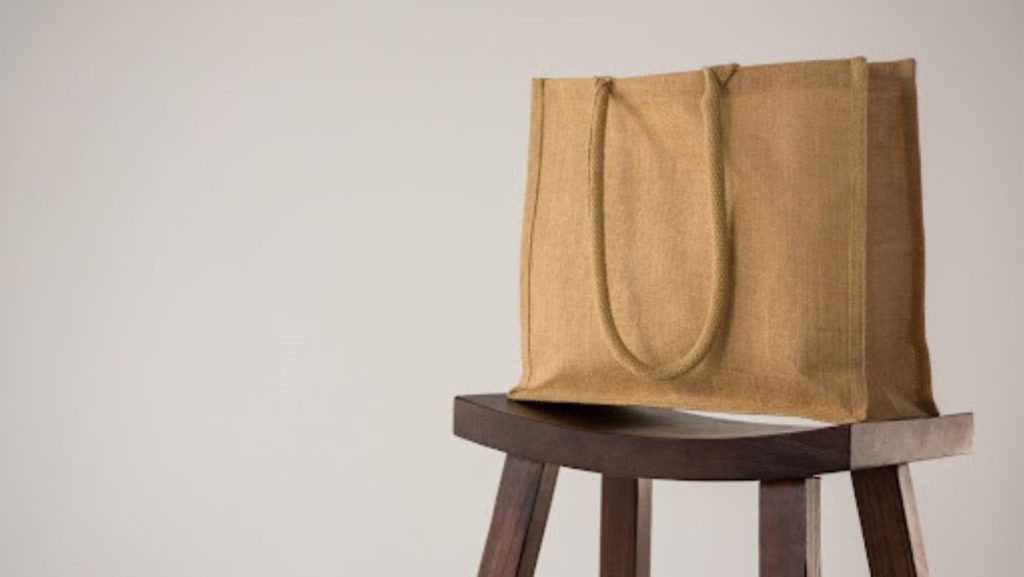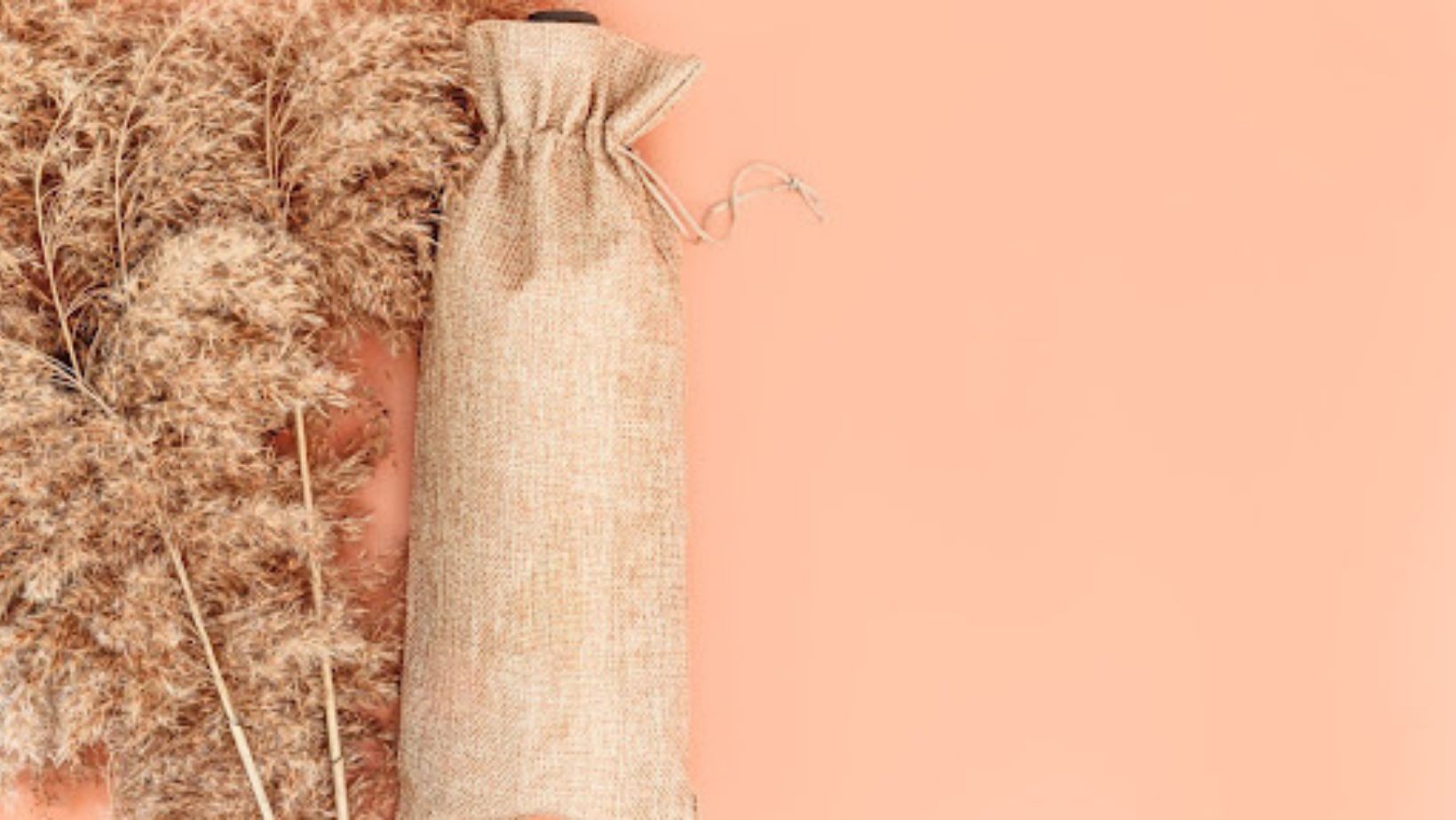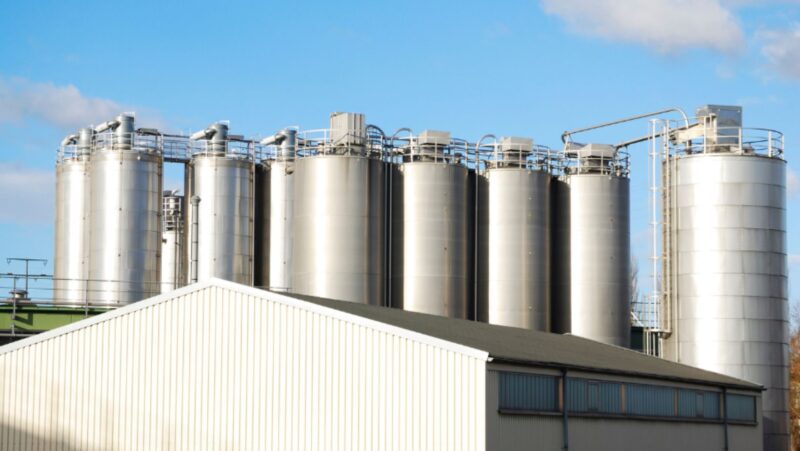
Jute packaging bags have impacted various industries, from agriculture and retail to fashion. Made from the fibrous material of the jute plant, these bags have become a preferred choice due to their strength, versatility, and eco-friendly properties. According to https://codefine.com/, jute packaging bags offer many advantages to businesses and their operations.
History of Jute Bags
The use of jute dates back centuries, with its origins in the Indian subcontinent. Historically, jute was primarily used for making ropes, twines, and coarse fabrics. However, the late 19th century saw the emergence of jute as a material for packaging, particularly in the form of sacks and bags. The British East India Company played a major role in commercializing jute and setting up jute mills in Bengal, which is now modern-day Bangladesh and India. Since then, jute has evolved into a versatile packaging material, gaining global recognition for its sustainability and utility.
Applications in Various Industries
Agriculture
In the agricultural sector, jute bags are extensively used for packaging and transporting crops like grains, potatoes, and coffee beans. The natural breathability of jute fibers ensures that the contents remain fresh, reducing the risk of spoilage. Moreover, jute bags are robust and durable, capable of withstanding rough handling and varying weather conditions. Farmers and agricultural businesses appreciate jute for its biodegradability, which aligns with sustainable farming practices. Jute plants grow rapidly with minimal need for fertilizers and pesticides, further supporting eco-friendly agricultural practices.
Retail
Retail businesses are increasingly adopting jute bags as a sustainable alternative to plastic. Jute shopping bags are reusable and durable and offer a stylish and natural aesthetic. Retailers, from grocery stores to boutique shops, find jute bags cost-effective and environmentally friendly packaging solutions. These bags can be customized with logos and designs, serving as effective marketing tools that promote brand visibility and eco-consciousness. The shift towards jute in retail is a response to growing consumer demand for sustainable products and packaging.
Fashion
The fashion industry has embraced jute bags for their rustic charm and eco-friendly appeal. Designers and brands are creating chic and trendy jute handbags, totes, and accessories that cater to environmentally-conscious consumers. Jute’s versatility allows it to be dyed and woven into various patterns, making it a favorite material for sustainable fashion. Fashion brands leverage jute to create unique, high-quality products that stand out while promoting sustainability.
Advantages of Jute Bags
Strength and Durability
Jute fibers are incredibly strong and durable, making them ideal for packaging heavy and bulky items. This strength ensures that jute bags can be reused multiple times, reducing the need for single-use packaging and minimizing waste.
Versatility
Jute can be woven into different textures and styles, allowing for different applications. Whether a sturdy agricultural sack or a fashionable tote, jute’s versatility makes it suitable for various purposes.
Eco-Friendly Properties
One of the most significant advantages of jute is its eco-friendliness. Jute is biodegradable, meaning it decomposes naturally without leaving harmful residues. This property is crucial in addressing the global plastic pollution crisis. Additionally, jute cultivation requires less water and fewer chemicals compared to other crops, making it a sustainable choice for the environment. Jute products help decrease the carbon footprint and can be used repeatedly.
Real-World Examples
Several businesses have successfully integrated jute packaging into their operations, reaping the benefits of this sustainable material. For instance, coffee producers often use jute bags to store and transport beans, ensuring freshness while reducing environmental impact. In retail, companies like H&M and Whole Foods have introduced jute shopping bags, enhancing their sustainability credentials and appealing to eco-conscious customers. Fashion brands are also innovating with jute, creating stylish and sustainable accessories that resonate with modern consumers.
Jute packaging bags are revolutionizing various industries by offering a sustainable, strong, and versatile alternative to traditional materials. From agriculture and retail to fashion, jute’s applications are vast and varied. Its eco-friendly properties make it an ideal choice for businesses aiming to reduce their environmental footprint. As more industries adopt jute packaging, we move closer to a more sustainable future, proving that this age-old material still has a lot to offer in our modern world.














